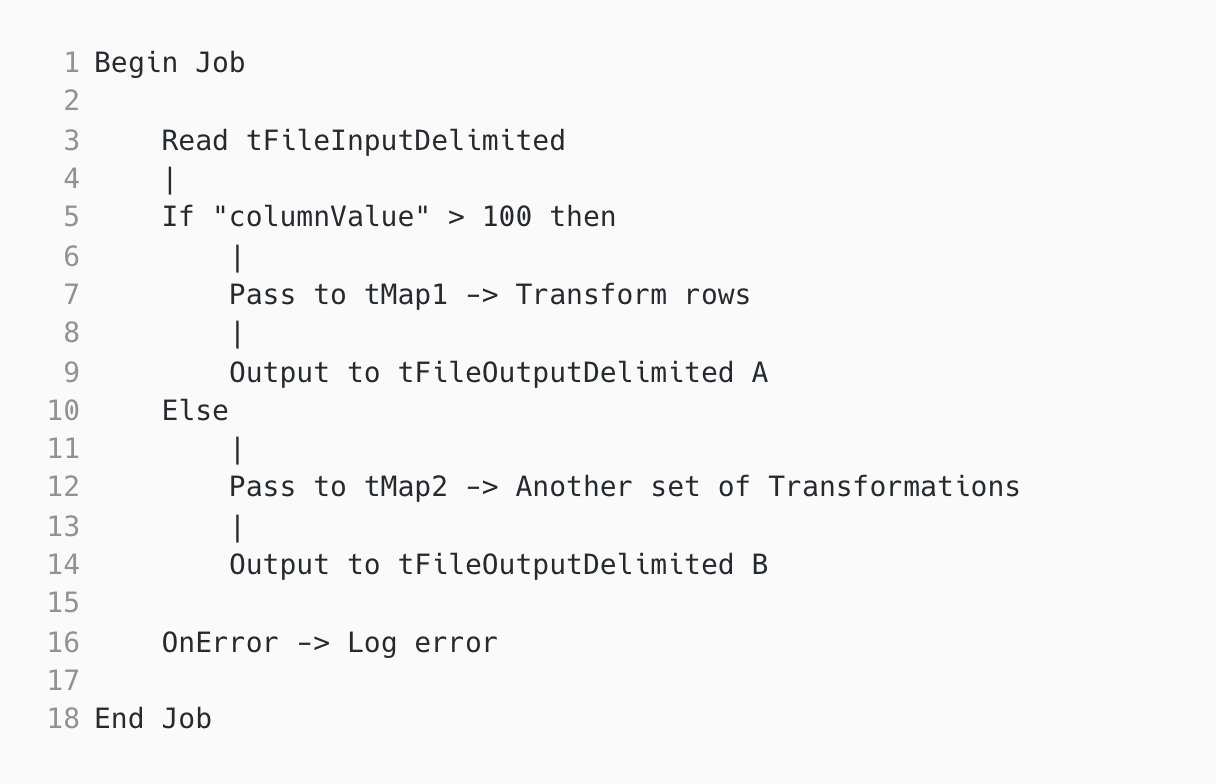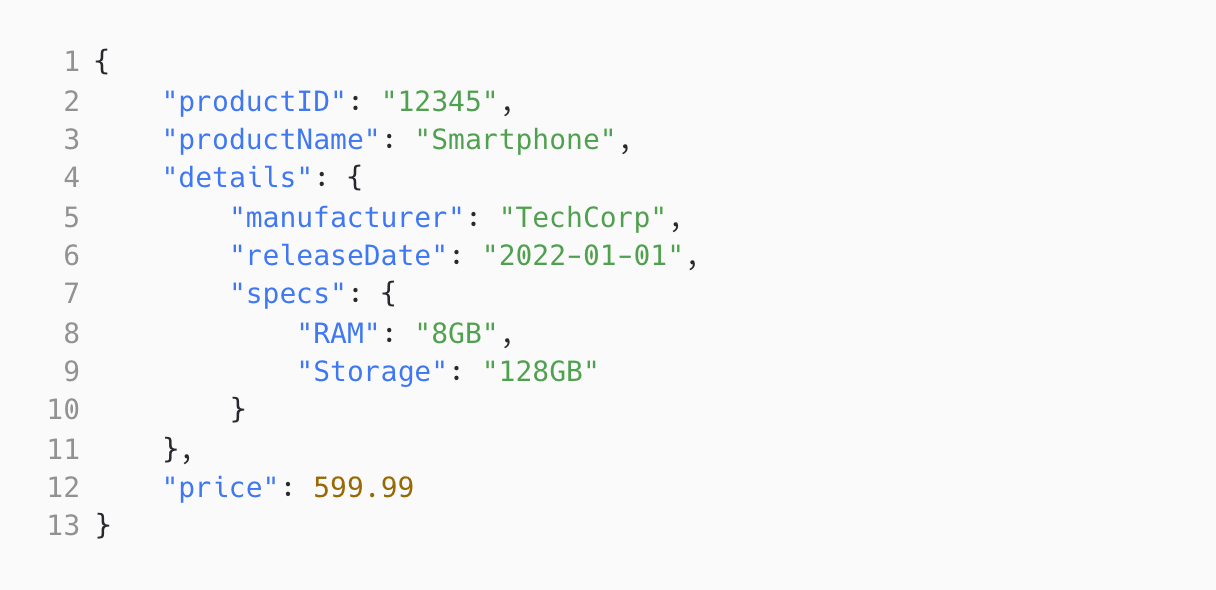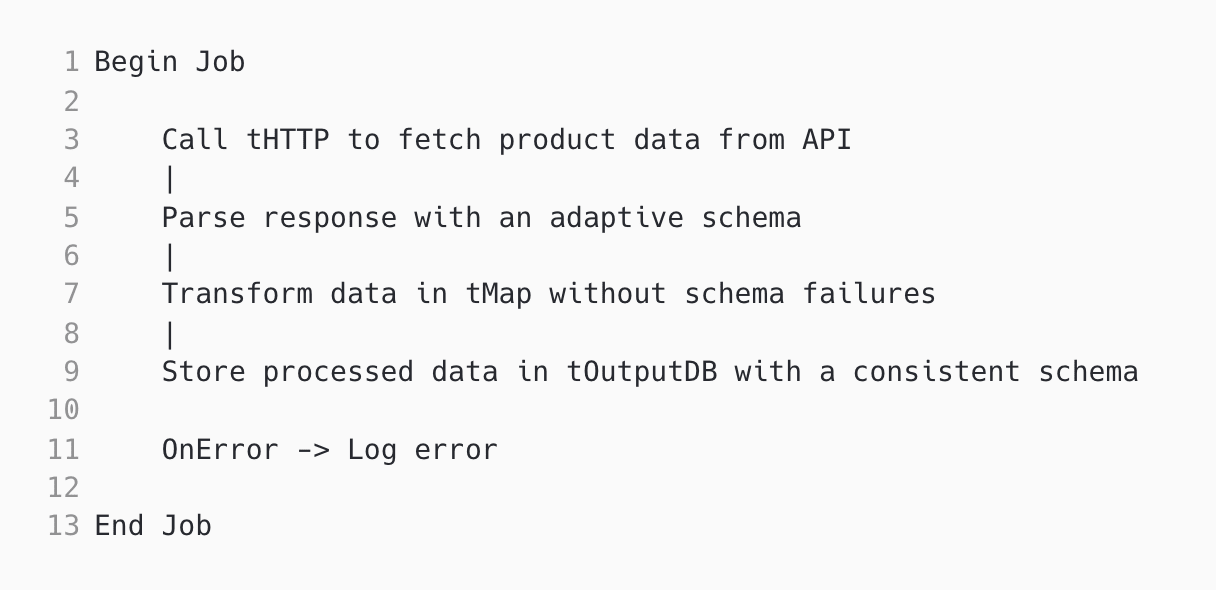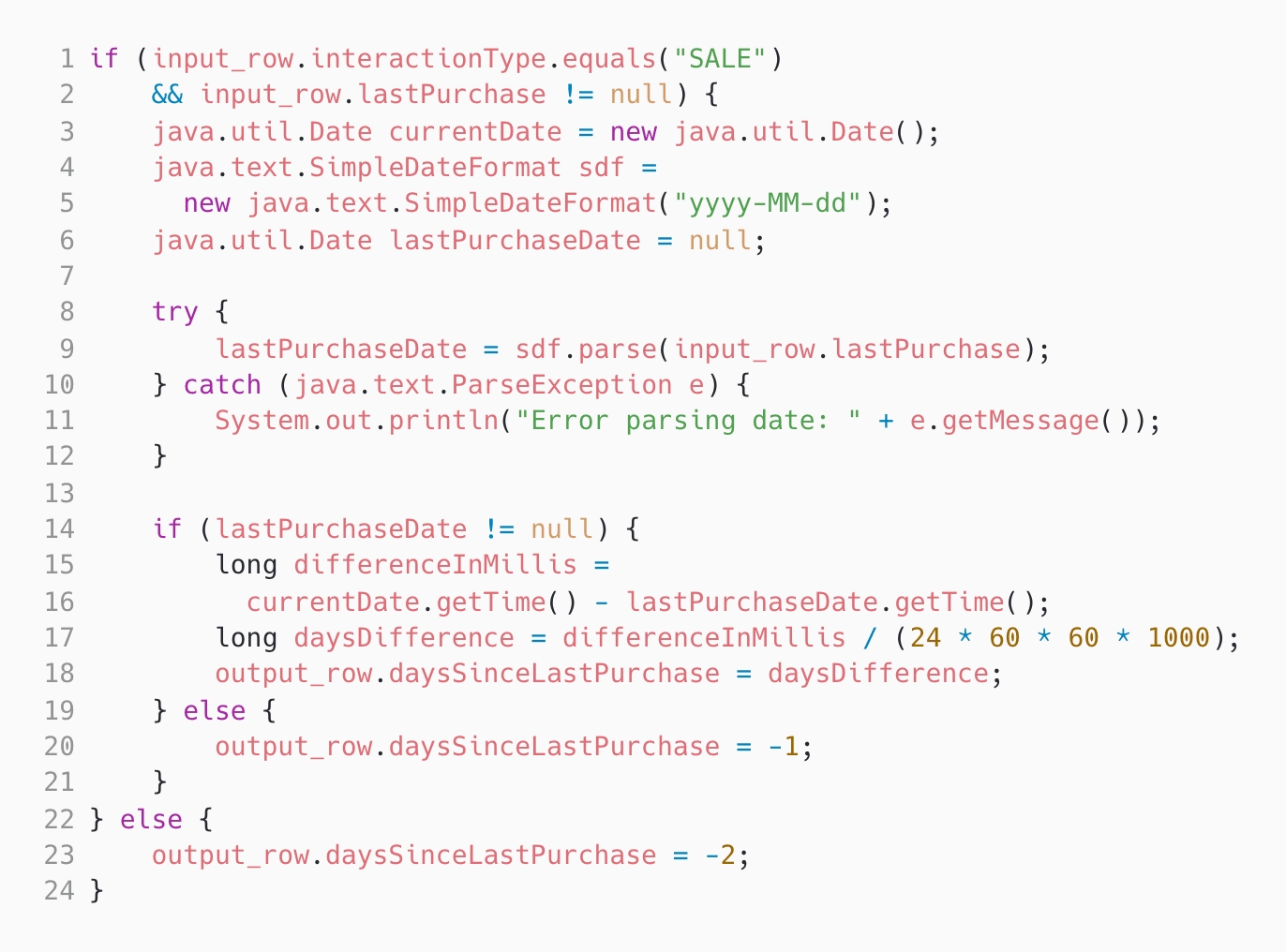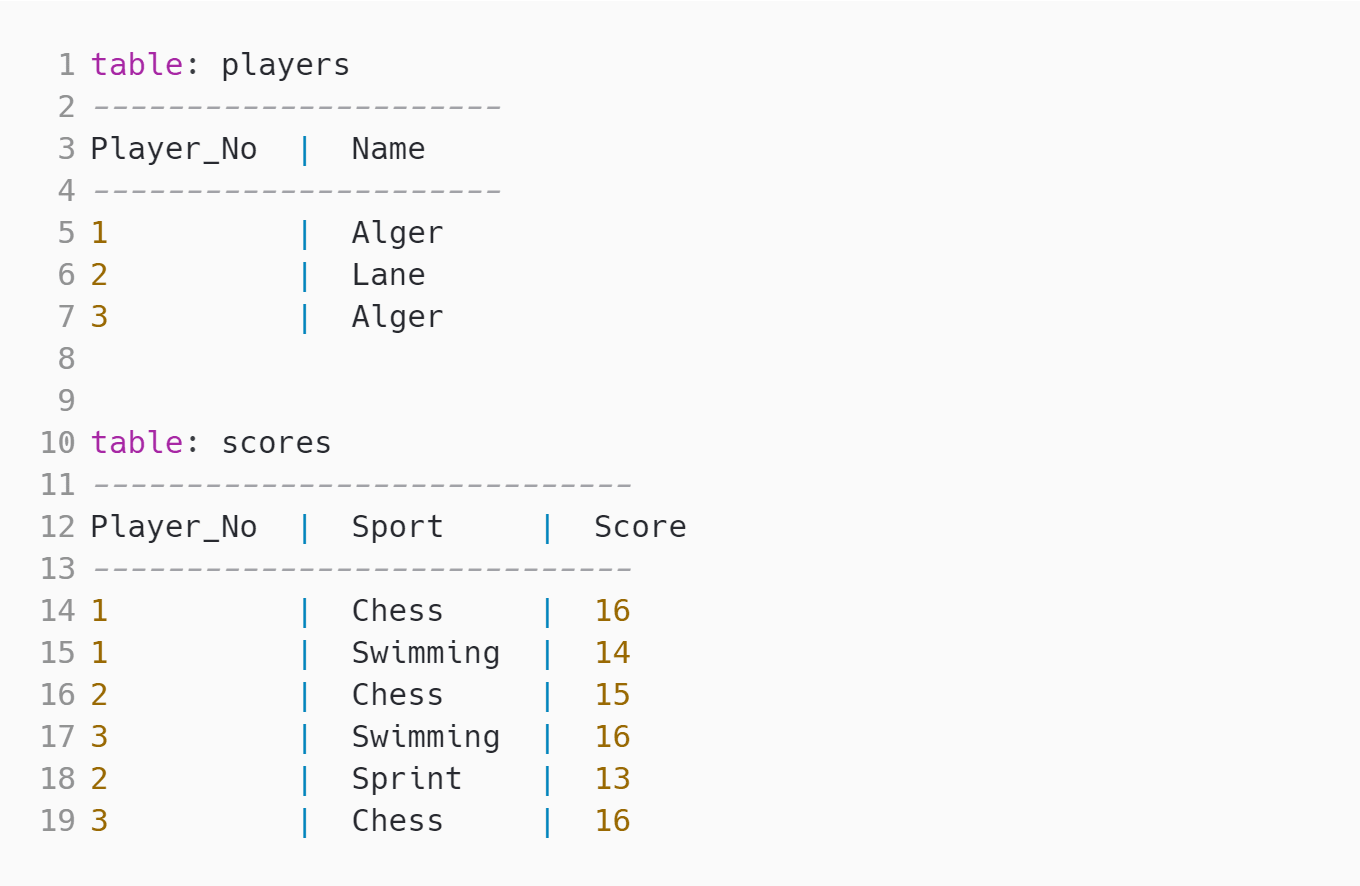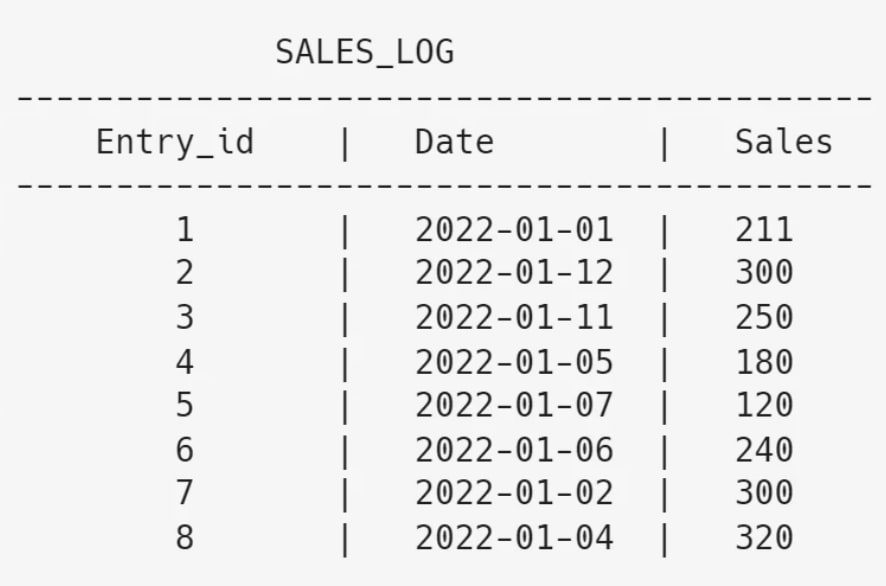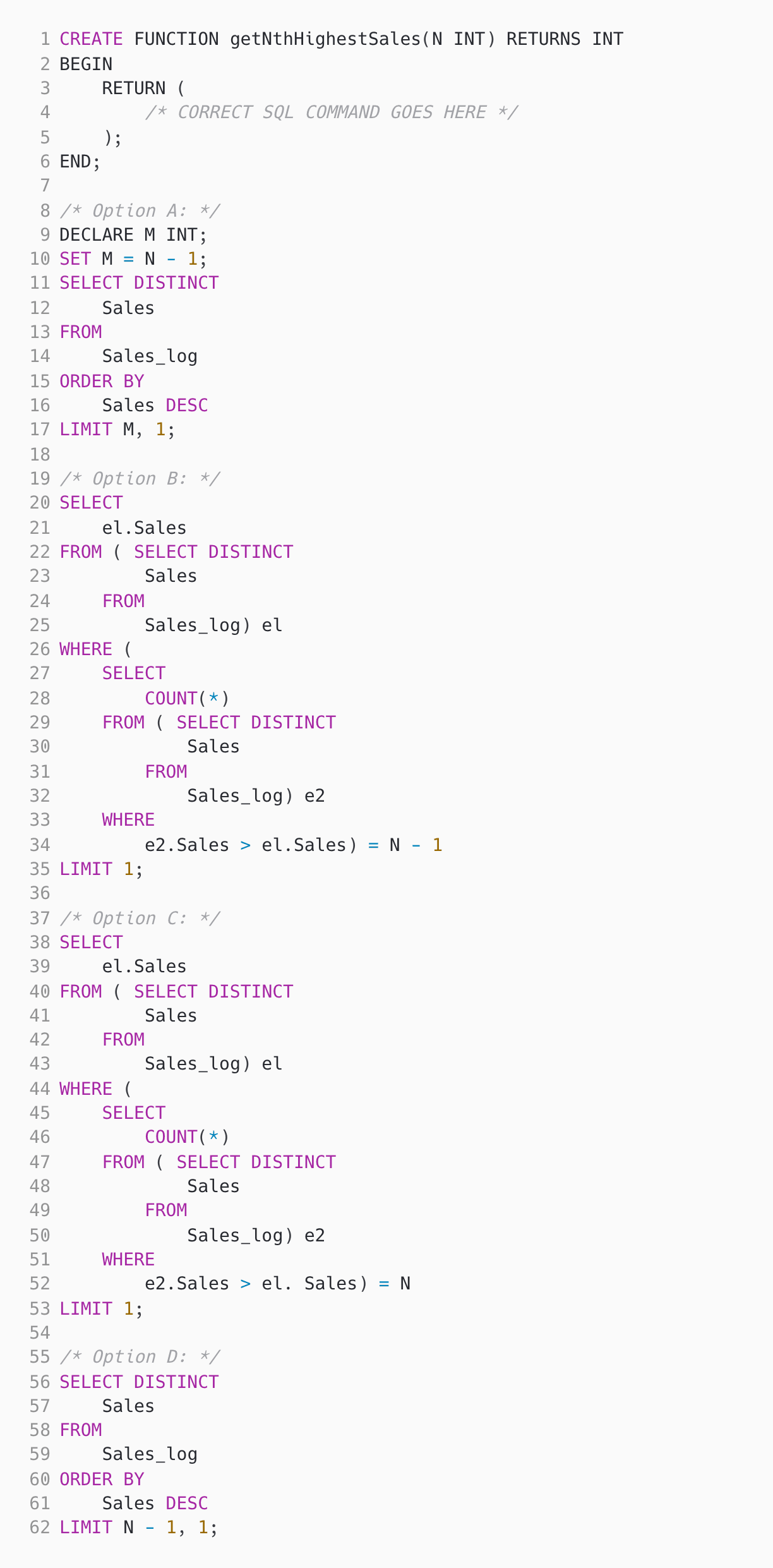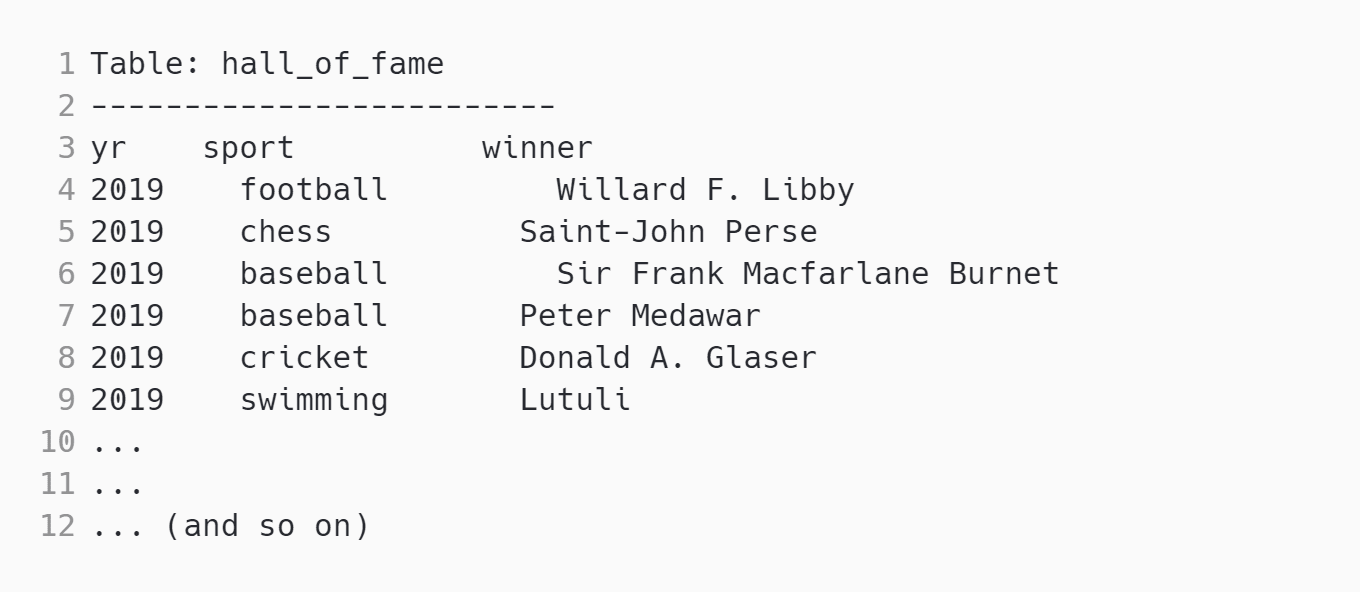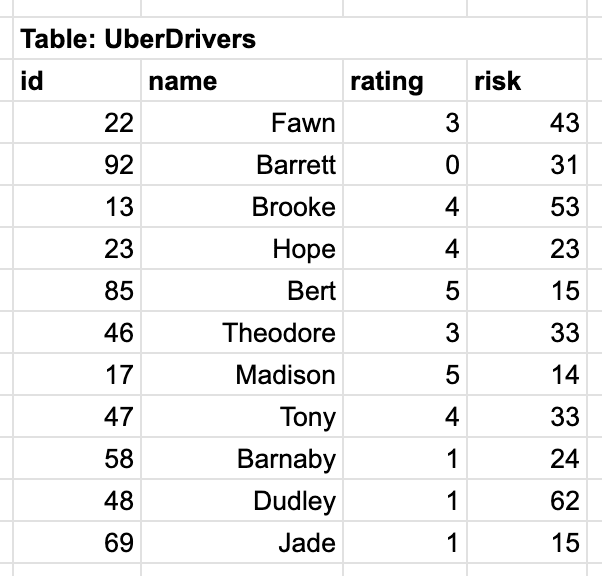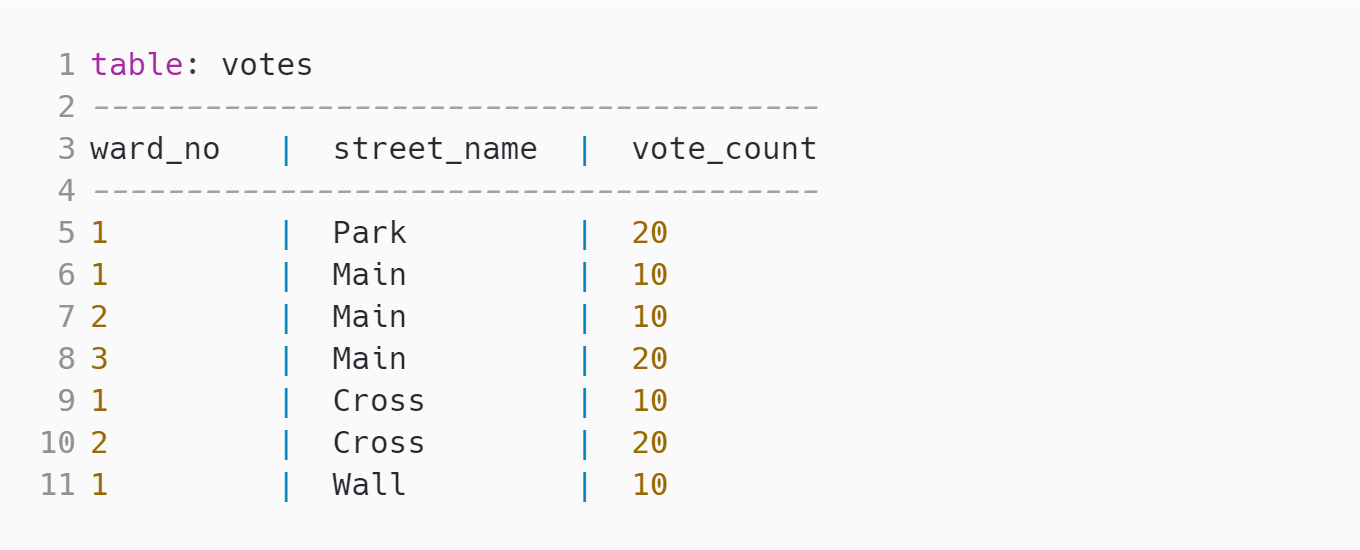Talend: Talend is a popular open-source data integration platform that enables organizations to connect, transform, and manage their data across various systems. It provides a comprehensive set of tools and functionalities for designing, developing, and deploying data integration workflows.
Data Integration: Data integration is the process of combining and harmonizing data from different sources and systems into a unified and consistent format. It involves extracting data, transforming and cleansing it, and loading it into a target system, enabling organizations to have a holistic view of their data.
ETL: ETL (Extract, Transform, Load) is a process used in data integration to extract data from various sources, transform it into a suitable format, and load it into a target system. It plays a crucial role in ensuring data quality and integrity, as well as enabling organizations to leverage their data effectively.
Data Quality: Data quality refers to the accuracy, completeness, consistency, and validity of data. Ensuring data quality is essential for making informed decisions and maintaining the reliability of business processes. This skill measures the ability to identify and resolve issues related to data quality.
Data Governance: Data governance involves the overall management and control of data assets within an organization. It encompasses defining policies, standards, and guidelines for data handling, ensuring compliance with regulations, and establishing processes for data quality, privacy, and security. This skill is measured to assess a candidate's understanding of data governance principles and practices.
Big Data: Big Data refers to large and complex datasets that cannot be easily managed using traditional database tools and techniques. It encompasses the storage, processing, and analysis of vast amounts of structured and unstructured data. This skill is measured to evaluate a candidate's knowledge of Big Data technologies and their ability to work with large-scale data.
Cloud Integration: Cloud integration involves connecting on-premises systems with cloud-based applications and services. It enables organizations to leverage the scalability, flexibility, and cost-effectiveness of cloud computing. This skill is measured to assess a candidate's proficiency in integrating and managing data in a cloud environment.
Master Data Management: Master data management (MDM) is a discipline that focuses on managing and maintaining the authoritative and consistent reference data within an organization. It involves creating a single, reliable source of truth for core data elements, such as customer, product, and supplier information. This skill is measured to evaluate a candidate's understanding of MDM concepts and their ability to implement MDM solutions.
Data Transformation: Data transformation refers to the process of converting data from one format or structure to another, making it suitable for different applications or systems. It involves manipulating, mapping, and enriching data to meet specific business requirements. This skill is measured to assess a candidate's proficiency in designing and executing data transformation tasks.
Data Migration: Data migration is the process of transferring data from one system or storage format to another. It can involve consolidating data from multiple sources, upgrading systems, or migrating to a new platform. This skill is measured to evaluate a candidate's knowledge of data migration methodologies and their ability to ensure the successful transfer of data.
Real-Time Data Processing: Real-time data processing refers to the ability to handle and analyze data as it arrives, without any delay. It enables organizations to make decisions and take actions based on up-to-date information. This skill is measured to assess a candidate's understanding of real-time data processing technologies and their ability to build high-performance data processing pipelines.



















